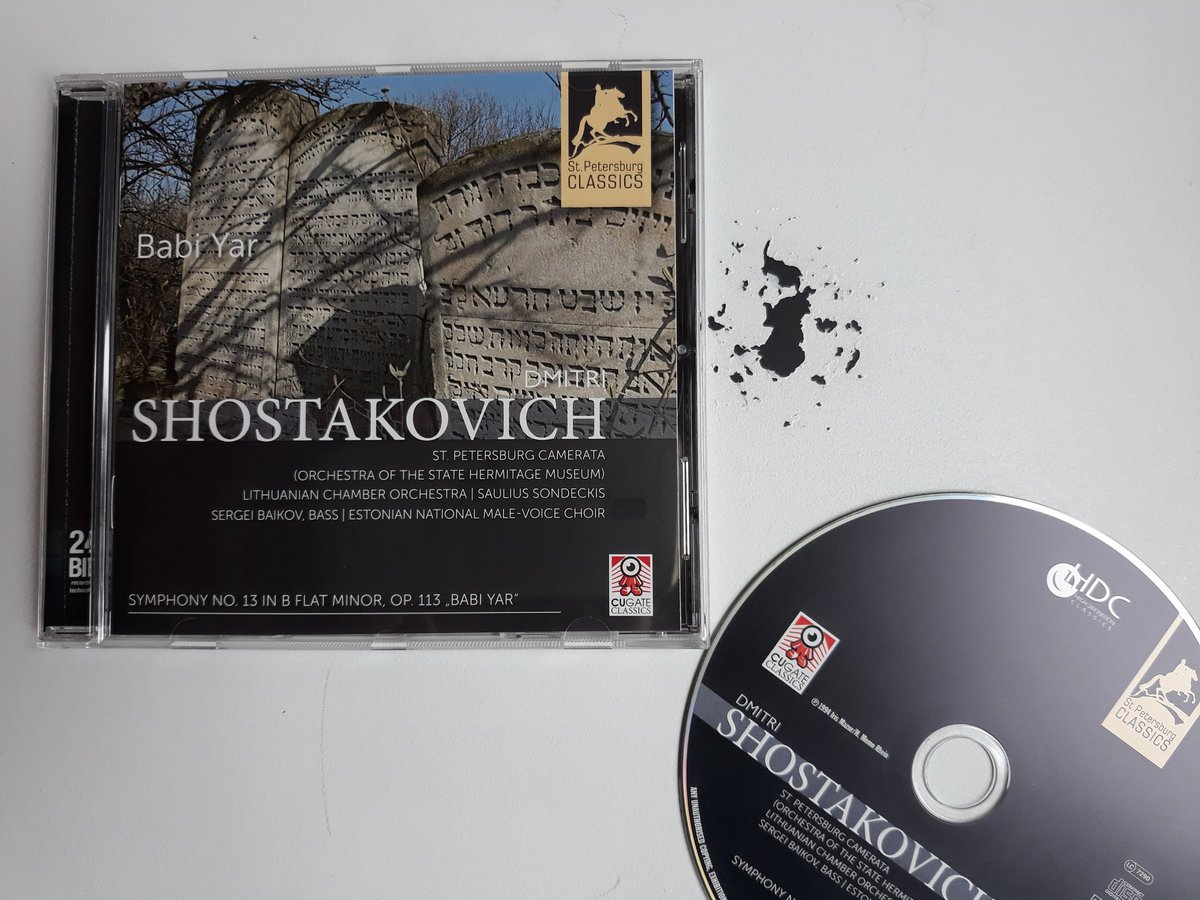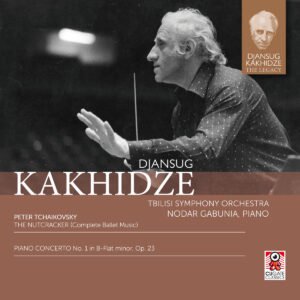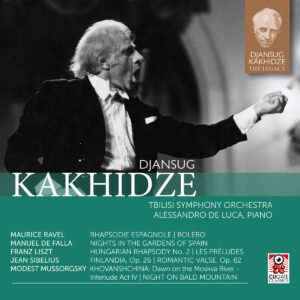Dmitri Shostakovich: Symphony No. 13 in B flat minor I Op. 113 „Babi Yar“ by St. Petersburg Camerata / Lith. Chamber Orch. / Est. National Male-Voice Choir / Sondeckis: (CD)
$15.00$19.00 (-21%)
In 1961 the then twenty-nine-year-old Yevgeny Yevtushenko published a poem entitled Babi Yar in the Literaturnaya gazeta. Babi Yar was the name of a ravine on the outskirts of Kiev which in 1941 had been the scene of a mass execution where, within the space of thirty-six hours, some 34.000 Jewish men, women and children were shot by a special unit of the German SS. In his poem Yevtushenko used the National Socialists‘ act of genocide as the starting-point of an attack on anti-Semitism in general, which he pilloried as a timeless evil that was widespread throughout the world, but which, he implied, was especially rife in Russia. Few Russian composers of the past were above reproach as far as anti-Semitism was concerned. Of these, the two that spring most immediately to mind are Rimsky-Korsakov and Shostakovich.
Additional information
| Type | LED TV |
|---|---|
| Smart Hub | Yes |
| HDMI | 2 |









Reviews
There are no reviews yet.